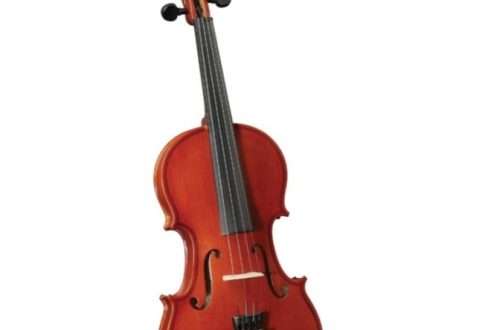Genres of musical folklore: what is it and what are they?
Contents
Genres of musical folklore are the main types of musical works created by unknown authors and preserved by the people for many generations through oral transmission from one person to another.
We will talk about these types today, but first we will bring some clarity regarding the concepts of “folklore” and “genre” so that no one gets confused.
What is folklore and what is a genre?
In general, the word “folklore” relates not only to the field of musical creativity. This word is English and is translated as . We classify many phenomena of spiritual culture as folklore. These include legends, traditions and fairy tales, sayings and proverbs, spells and incantations, omens and fortune telling, dances, religious and holiday rituals, various games and even counting rhymes, rhymes and jokes!
Genres – these are historically established types of works with their inherent features of content and form, as well as a specific life purpose and features of their existence and performance. Examples of musical genres are opera, ballet, symphony, song, romance, and so on.
What are the genres of musical folklore?
There are an extremely large number of different folk music genres among different peoples (all over the world), so in the most general sense they can be divided into vocal (those that are sung – mainly songs), instrumental (which are played – mostly tunes) and vocal-instrumental (it is clear that here they sing and play at the same time).
Many more musical genres can be divided into three universal content categories. This epos (if any story is being told) lyrics (if the main emphasis is on feelings) and drama (if any action is performed).
Genres of Russian folk songs
To name all the genres of musical folklore means to embrace the immensity. Each new type of song or dance is a separate genre. For example, these are all names of genres.
We will dwell in more detail on the genres of Russian folk music. The main genre here is the song, but songs are different and therefore there are numerous genre varieties of Russian song. It is best to remember these varieties by the role they played in the life of the people, in what setting and under what circumstances they could be heard.
And the circumstances may be, for example, the following – some songs are sung once a year (on the day of some holiday), other songs are tied to some ritual and are performed only when this ritual is performed (for example, on a birthday, on wedding day or funeral). There are songs that are sung only in winter or summer, but there are also those that can be sung all year round on any day of the week and in any weather. These songs are not tied to time or rituals and are sung when there is simply a mood to sing them – for example, a song about sadness, when sad, or a song about unrequited love, when there is such, or a fairy tale song told by a guslar when he a lot of people are listening.
So, Russian songs are like this:
- Songs that are associated with the calendar and calendar holidays and rituals (invocation and welcoming of spring, “larks”, early spring and summer Trinity round dances, songs of the harvest season and haymaking, congratulations on the New Year, carols and fortune-telling songs, Olivet songs).
- Songs that are associated with various events in the personal and family life of people (songs for the birth of a child, baptismal songs, lullabies, children’s play dances, majestic, wedding and recruitment songs, funeral laments and laments, memorial prayers and spiritual poems).
- Epic song genres (epics, tales, buffoons and fables, some spiritual poems, ballads, historical songs).
- Lyrical songs (songs about love – happy and unrequited, tragic, lingering songs, “suffering”, city songs and cants).
- Songs of everyday life and holidays (soldiers’ and student’s songs, nautical navigation songs, labor – barge workers, artel, peasant songs, holiday – vivat, farce, comic songs and ditties).
Thus, turning to the content of the songs and their purpose in life, we can conditionally distribute the genres of musical folklore into such groups.
For a lively musical example from ancient Russian folk music, listen to the cant “A storm dissolves the sea” about the harsh lot of sailors, performed by a well-coordinated male choir.
Ancient Russian cant “Bore dissolves the sea”



